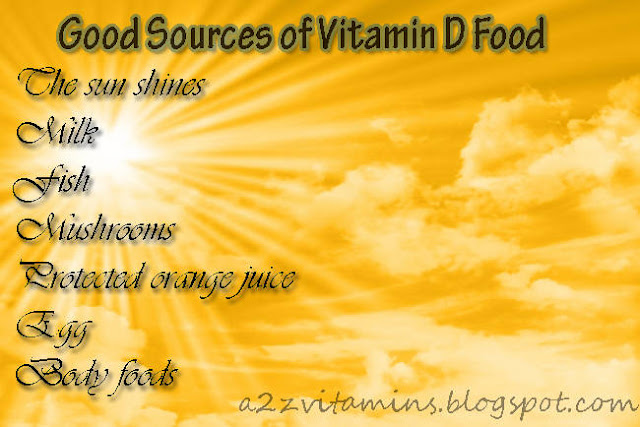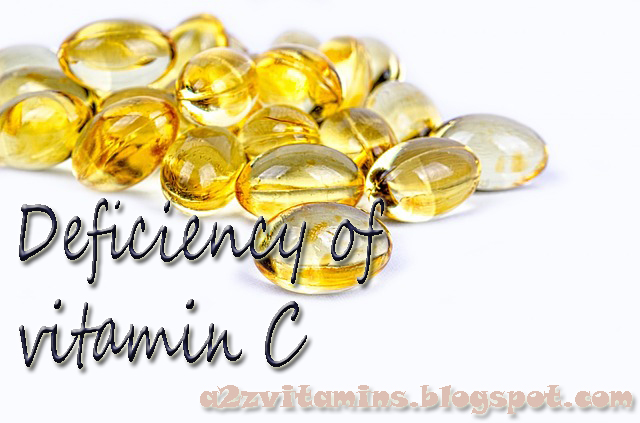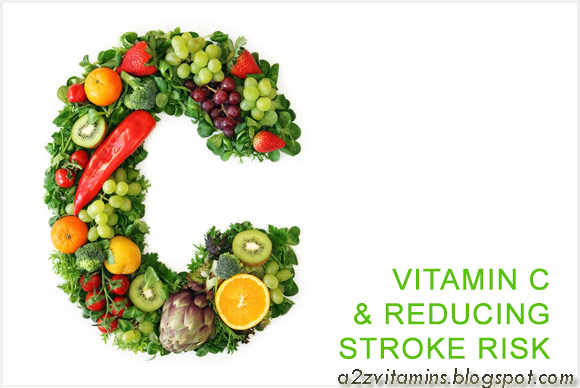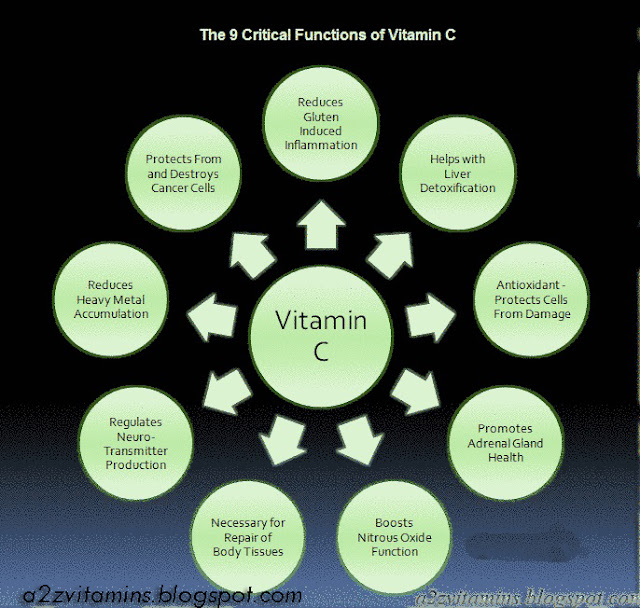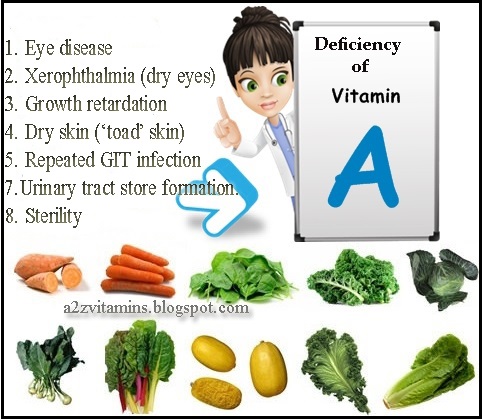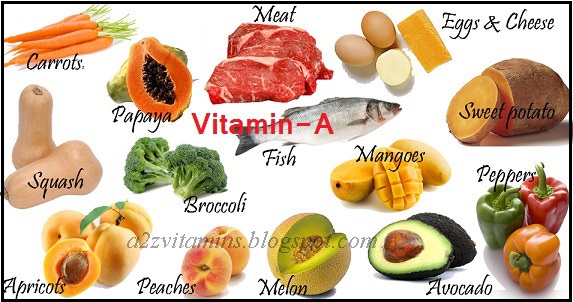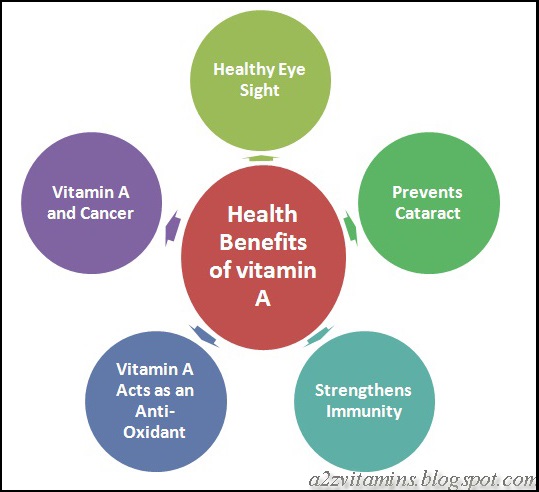Vitamin A is the key for good health, is the blanket of biologically compounds and function with both plant and animal tissues. Vitamin A present in many foods, which is known as fat-soluble vitamin. Vitamin A benefits for immune system and reproduction. Vitamin A also helps the kidneys, heart, lungs, and other organs work properly.
What is vitamin A and its function
 |
| vitamin A and its function |
Type of Vitamin A:
There are two types of vitamin A. Those are-
1. Preformed vitamin A: Preformed vitamin A is found in foods from animal sources as meat, poultry, including dairy products, fish, and meat especially liver. Must be metabolized intracellularly to retinal and retinoic acid, to support the vitamin's important biological functions, the active forms of vitamin A by preformed vitamin A.
2. Pro-vitamin A: Pro-vitamin A is found in vegetables, fruits, and other plant-based products. The most common type of provitamin A in foods and dietary supplements is beta-carotene. Pro-vitamin carotenoids found in food, such as lycopene, lutein, and zeaxanthin, are not converted into vitamin A.
Function of vitamin A:
Vitamin A if very useful for human body. Vitamin A is good for human eye. Vitamin A Deficiency night blind diseases will happen. Preterm infants with vitamin A deficiency have an increased risk of eye, chronic lung, and gastrointestinal diseases. The richest animal source of retinitis is beef liver: three ounces
provides over 27,000 IU, which is more than one needs for a whole day.



